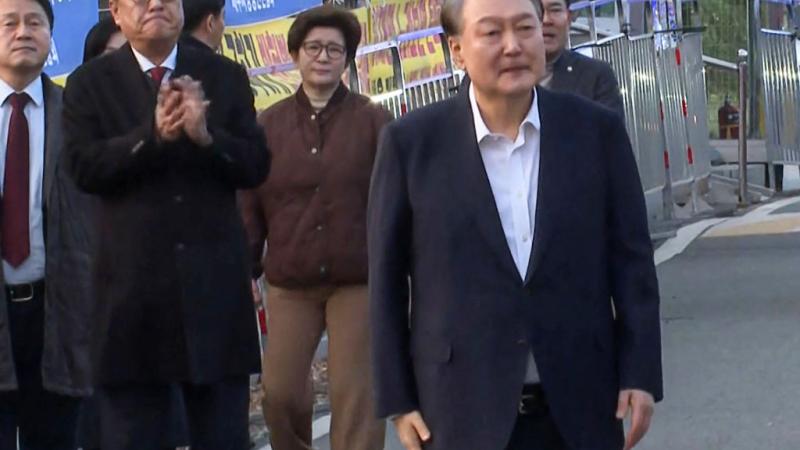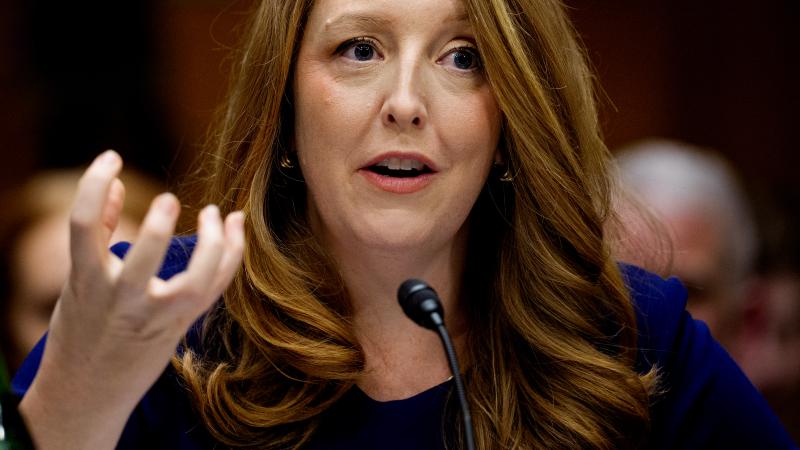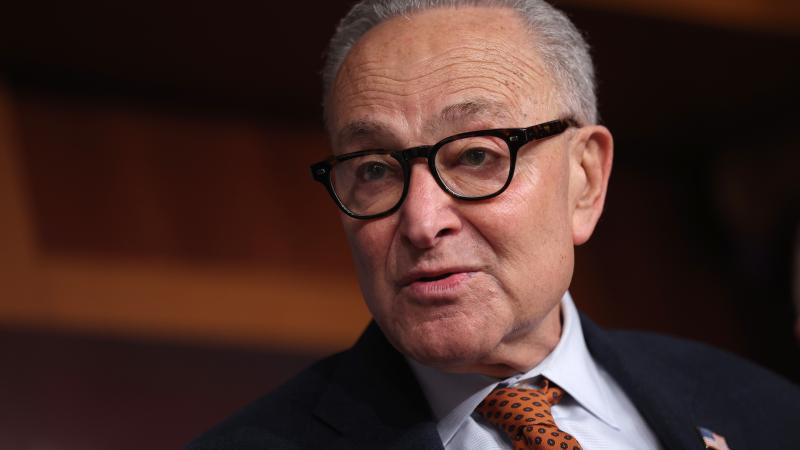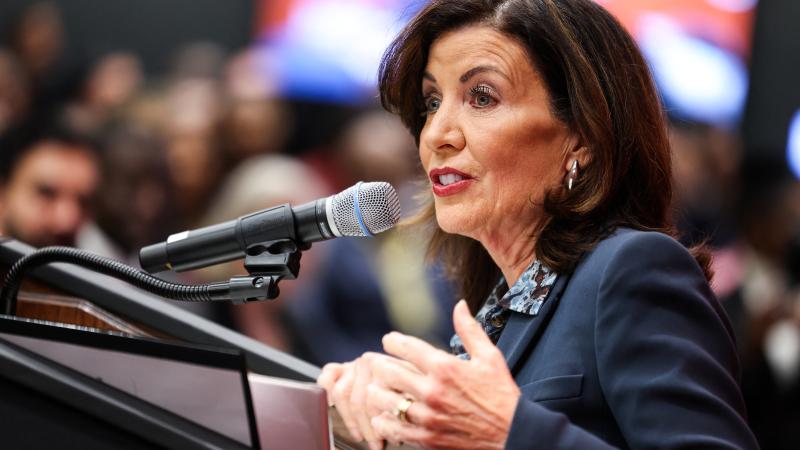Republicans seek investigation into DOE's alleged transfer of battery tech to China
The developers of the battery tech eventually found investors to produce them in China.
Republican lawmakers on Monday asked Department of Energy Inspector General Teri Donaldson to investigate the DOE's alleged transfer of advanced battery technology to China.
"We are concerned that this is an overt dereliction of duty by DOE, and that this case may be emblematic of a department that routinely and flippantly permits government-funded technology to be transferred to China," GOP Sens. Joni Ernst, Iowa, and John Barrasso, Wyo., wrote to Donaldson, according to the Washington Times.
Over six years, scientists at the Pacific Northwest National Laboratory worked to develop advanced battery technology that would allow the power sources to be charged and recharged for 30 years without degrading, the outlet noted. The development of the technology cost $15 million of taxpayer funding.
Ernst and Barrasso cited an NPR report detailing the administration's transfer of vanadium redox battery technology to China as what prompted their calls for the investigation, per the Times.
"In the interest of both our economic and national security, we respectfully ask that your office takes the necessary steps to review this misconduct with an appropriate level of scrutiny and request that you report the findings of this review to us as soon as possible," the pair further urged Donaldson.
The developers of the battery tech eventually found investors to produce them in China. Dalian Rongke Power Co., a Chinese firm, received a sublicense to manufacture the batteries in 2017. That license was ultimately transferred to Vanadis Power, a Dutch company, according to NPR. Vanadis has stated its plans to produce them in China.
Lead scientist Gary Yang has since acknowledged that he failed to honor the terms of his license, which requires the sale of batteries within the U.S. and that they are "substantially manufactured" domestically, according to NPR. The DOE told the state outlet that it would explore potential violations of its license terms.
"DOE takes America's manufacturing obligations within its contracts extremely seriously," the DOE wrote. "If DOE determines that a contractor who owns a DOE-funded patent or downstream licensee is in violation of its U.S. manufacturing obligations, DOE will explore all legal remedies."
















